The Culture Leaders List 2021
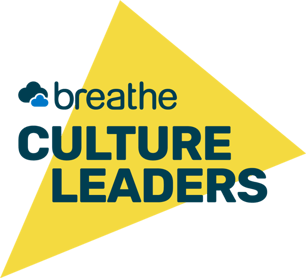
Let's celebrate the UK's Culture Leaders
We believe that more businesses need recognition for everything they have achieved since the beginning of the crisis.
Inspired by the remarkable stories we were told by SME business leaders in our recent edition of the Culture Economy Report, we want to celebrate businesses across the UK who have put their people first and maintained a strong culture during the challenges of the pandemic.
Introducing the Breathe Culture Leaders List.

Recognise companies who put their people first
All our winners had to do to win a spot on the list was tell us why the deserved to become a top Culture Leader.
They explained their company culture in action, demonstrated how they've put their people first and got through a year like no other.
Build a culture that drives your business forward.
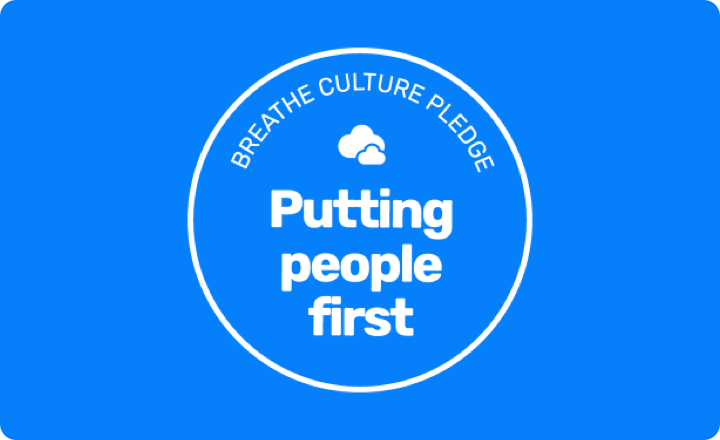
The Culture Pledge
Join hundreds of SMEs who’ve pledged to put their people first. Discover the business-benefits of committing to your culture today.
Join the pledge.png)
The Culture Blog
What is company culture and why is it important? Read our latest insights and expert advice.
Read more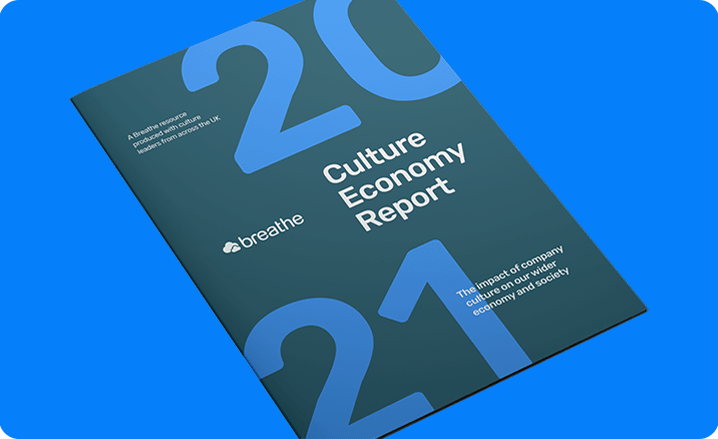
The Culture Economy Report
We explore the state of company culture in the UK. Receive exclusive insights, statistics and recommendations from industry-experts.
Read the report
5 great reasons to nominate your business
- Celebrate the achievements of your company and people
- Communicate your commitment to putting people first
- Share your ideas and experiences with other business leaders
- Meet other SME leaders who are committed to positive cultures
- Receive publicity via our PR, blogging and social media communications
The judging process
Our exciting panel of SME business leaders and people-professionals scored entries, looking for inspirational examples of how SMEs have put their people first during 2020 and 2021, including:
- Introducing measures to support employees who are working remotely to maintain a strong and positive company culture
- Taking steps to measure employee engagement
- Examples of how they've supported employee wellbeing and mental health
- How they've continued to support their people with learning and development.

Any questions?
If you have any questions about the Culture Leaders List 2021, feel free to get in touch via: culture@breathehr.com
.webp?width=301&name=AdobeStock_186866481-isolated%20(1).webp)
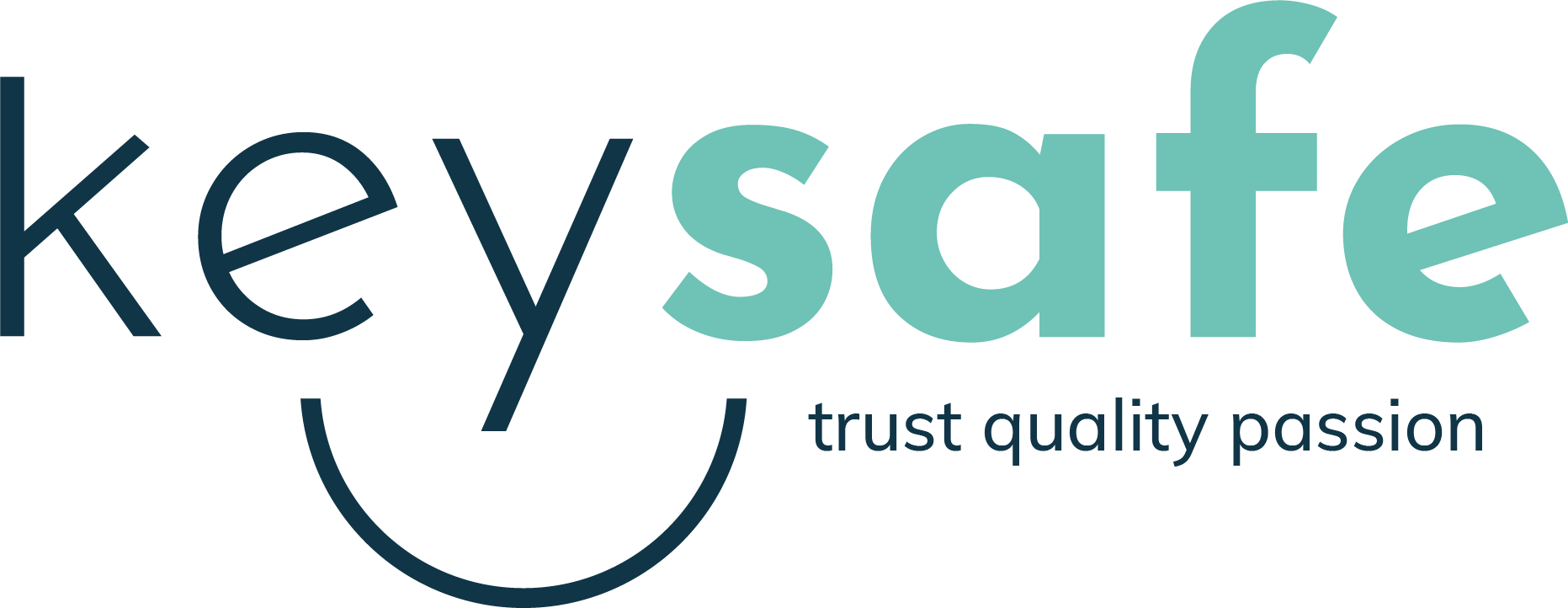
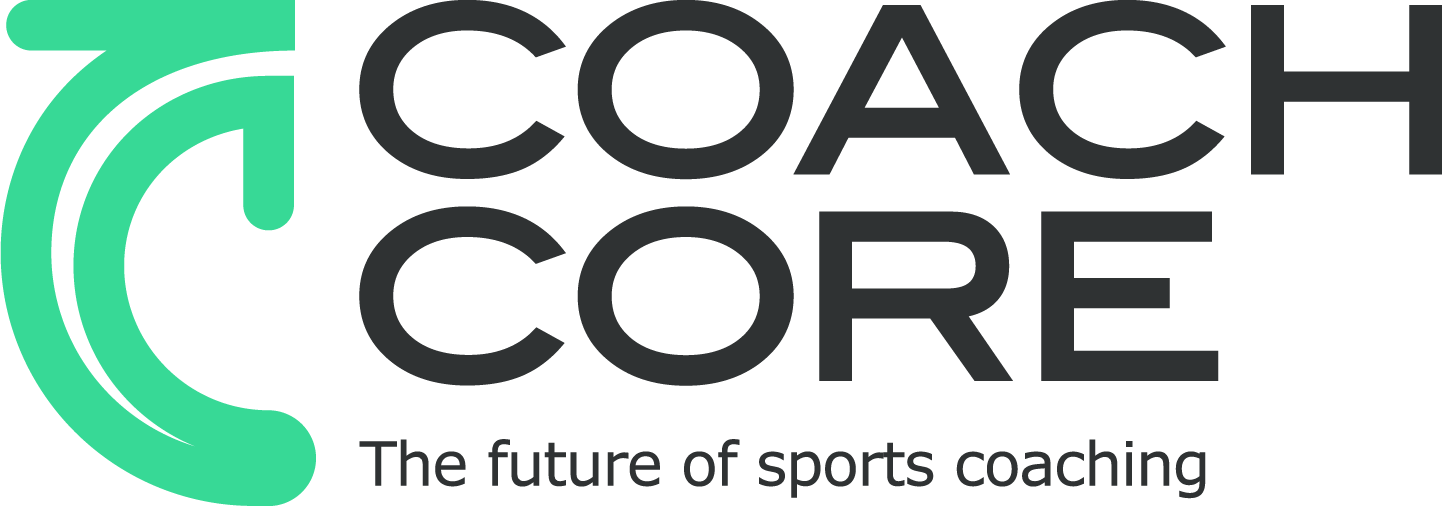
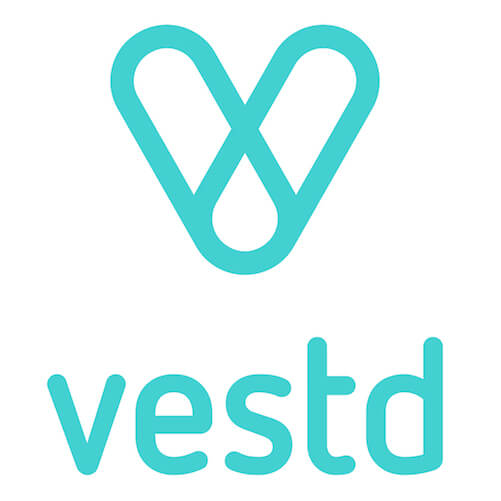
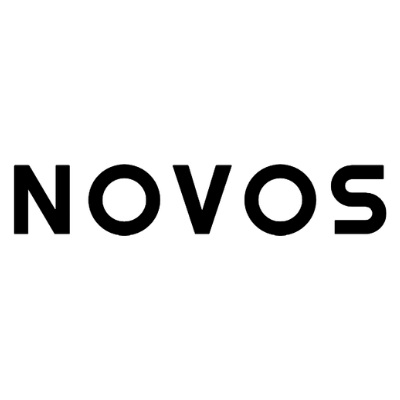


.png?width=800&height=300&name=Blend%20(1).png)
.png?width=1001&height=433&name=Aira%20(1).png)